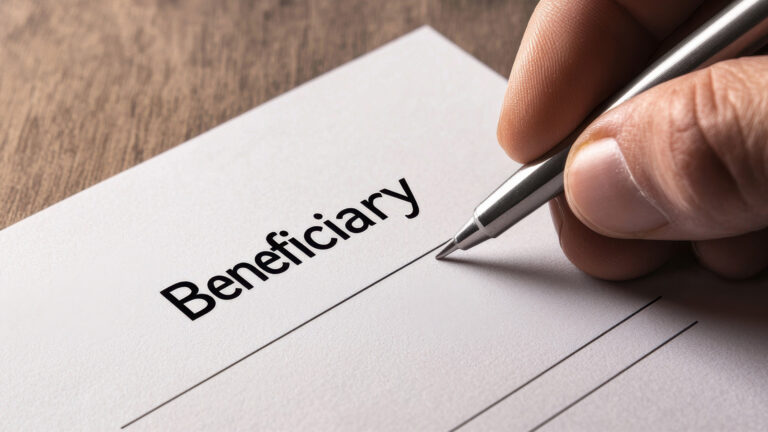Creating a budget may seem like a complicated and unnecessary burden for most people, but a budget can be a valuable tool for managing your money. Instead of thinking about it as just another thing to do, think about how a carefully constructed budget can help you reduce expenses and optimize the way you spend.
Why do you need a budget? First of all, income does not always equal expenses. A budget is a resource-management tool that can help you achieve your long-term financial objectives, for example, saving more in order to meet retirement goals, freeing up monthly cash flow in order to pay down debt, or reducing expenses. Think about the budget simply as a plan for what you’re going to do with your money. Here are a few guidelines to help you get started.
1. Track your income and expenses
In order to begin building a realistic budget, you’ll need to track your revenue and expenses for at least a month or two. Start by writing out any sums of money that you receive and spend. If you have multiple sources of income, make sure to take all of them into account. For expenses, it may help to list them in order of magnitude. You can even create various categories if it helps you stay organized. The largest expense is probably your mortgage or rent. Then you have utilities (water, heat, electricity), auto expenses (car payment, insurance, gas, maintenance), food, medical/dental expenses (insurance, prescriptions), and so on. The important thing here is not to forget the little expenses. For example, if you go out for lunch, buy a magazine to read on the train, or go out for coffee with your coworkers, these expenses, however insignificant they may seem, need to be included in your budget. They say a small leak can sink a great ship; similarly, a few dollars here and there can add up faster than you think.
2. Start planning ahead
Once you have tracked your income and expenses for a while, you should have a pretty good idea of where your money comes from and where it goes on a monthly basis. However, some expenses do not happen regularly, and you still need to be prepared. If you anticipate these expenses and include them in your budget, you can plan without breaking the bank. Some examples of such expenses are holiday gifts, emergency car repairs and vacations.
Now you are ready to create your budget. Based on the income and expenses you tracked, write down what you expect your income and expenses to be next month, or for the next few months. Try to be realistic; your budget should reflect your actual situation, not your ideal one.
3. Stick to your budget
Creating your budget will be easy compared with sticking to it. It’s not a disaster if you spend a few extra dollars here and there, but in next month’s budget you should account for them. The budget is a plan, an estimate, but it is in your interest to keep this estimate as accurate as possible. Also, if you notice unusually large expenses where there shouldn’t be any, now is the time to adjust them. Keep in mind that your budget should change as your financial situation changes, so monitor it regularly and make changes when necessary.
Eventually, a budget is supposed to teach financial discipline and the difference between necessity and luxury. You may be surprised to find out how much money flies out of your pocket for things you don’t need and will not use. It may seem that sticking to your budget means making many sacrifices, but ultimately it’s your financial future that you’re building.
The content is developed from sources believed to be providing accurate information. The information in this material is not intended as tax or legal advice. It may not be used for the purpose of avoiding any federal tax penalties. Please consult legal or tax professionals for specific information regarding your individual situation. The opinions expressed and material provided are for general information, and should not be considered a solicitation for the purchase or sale of any security.





